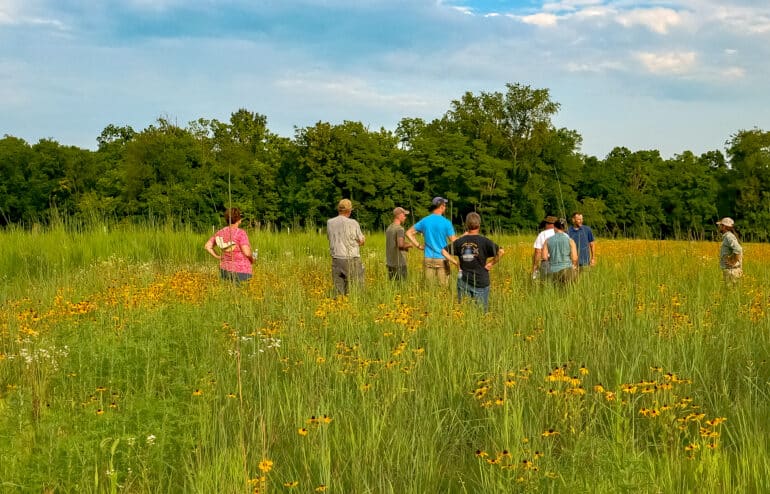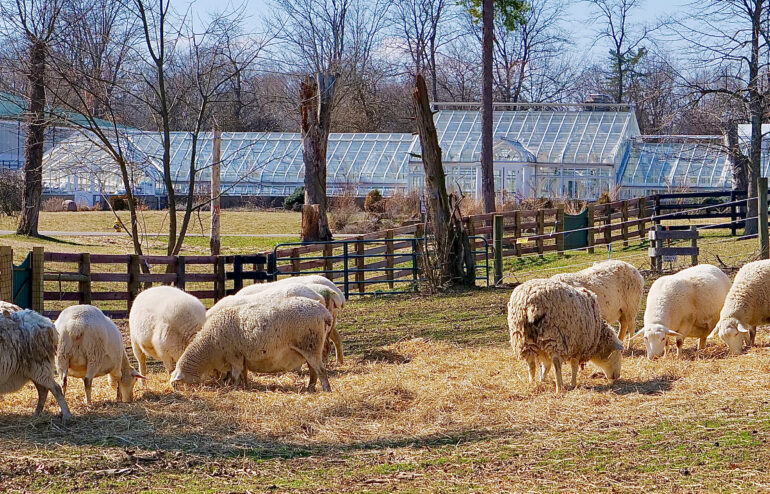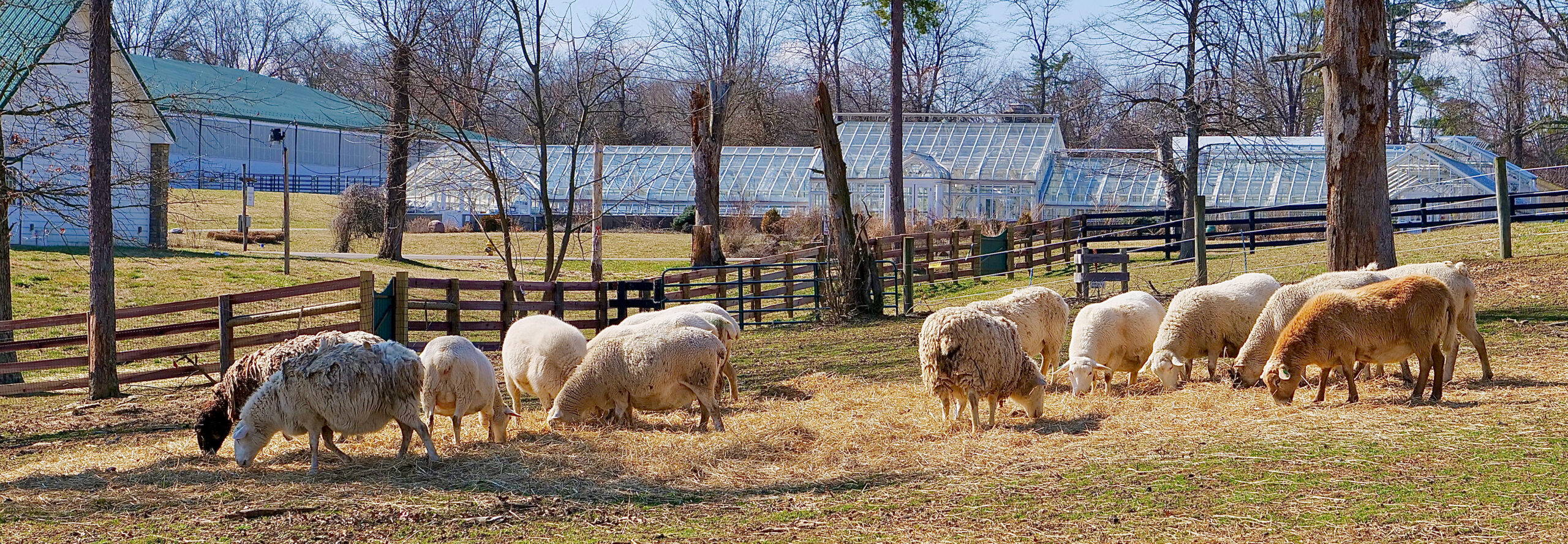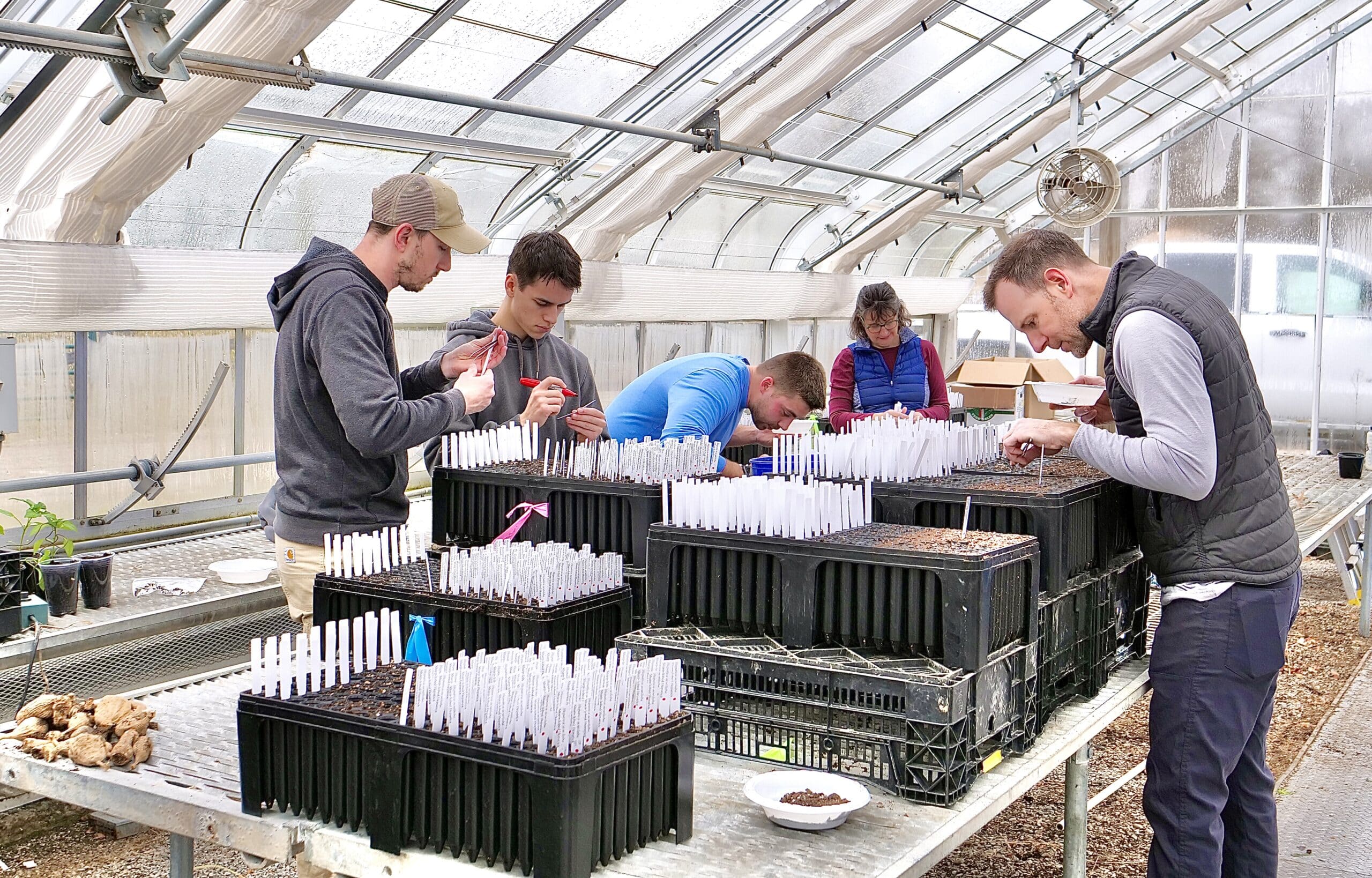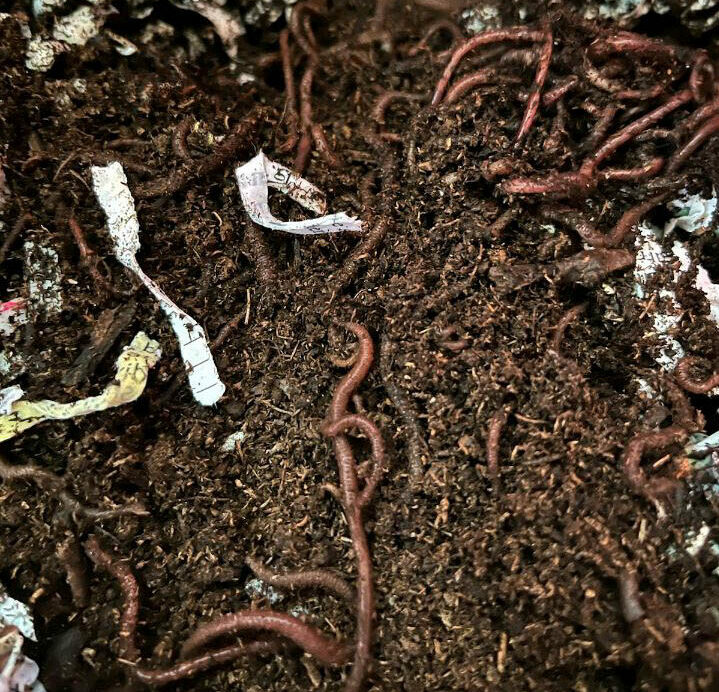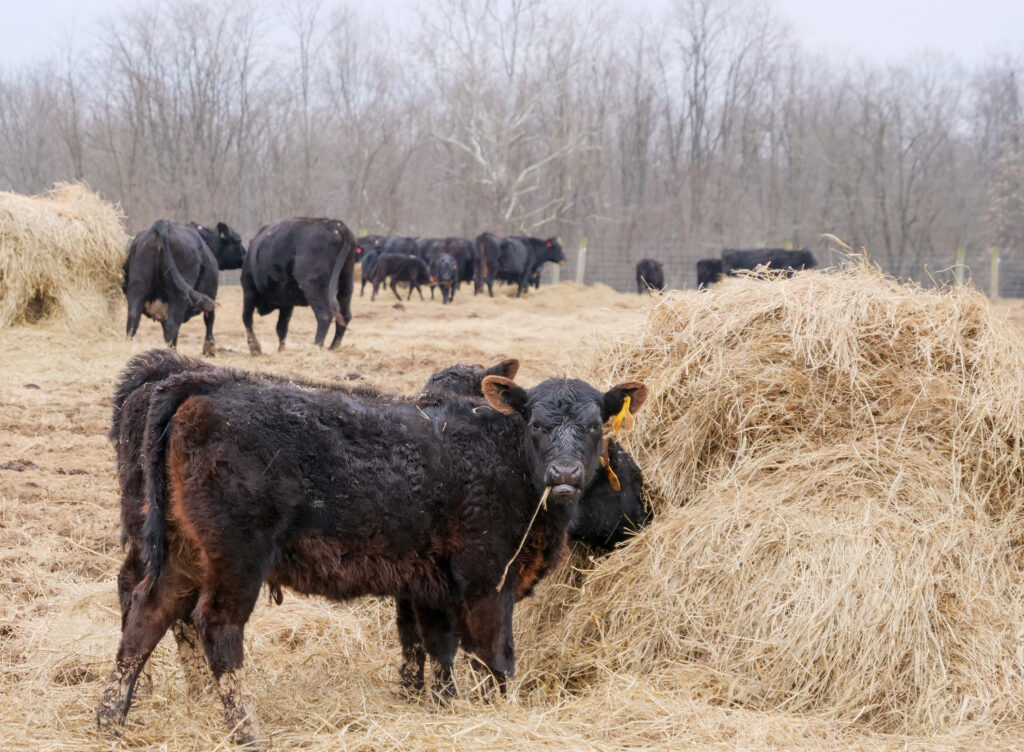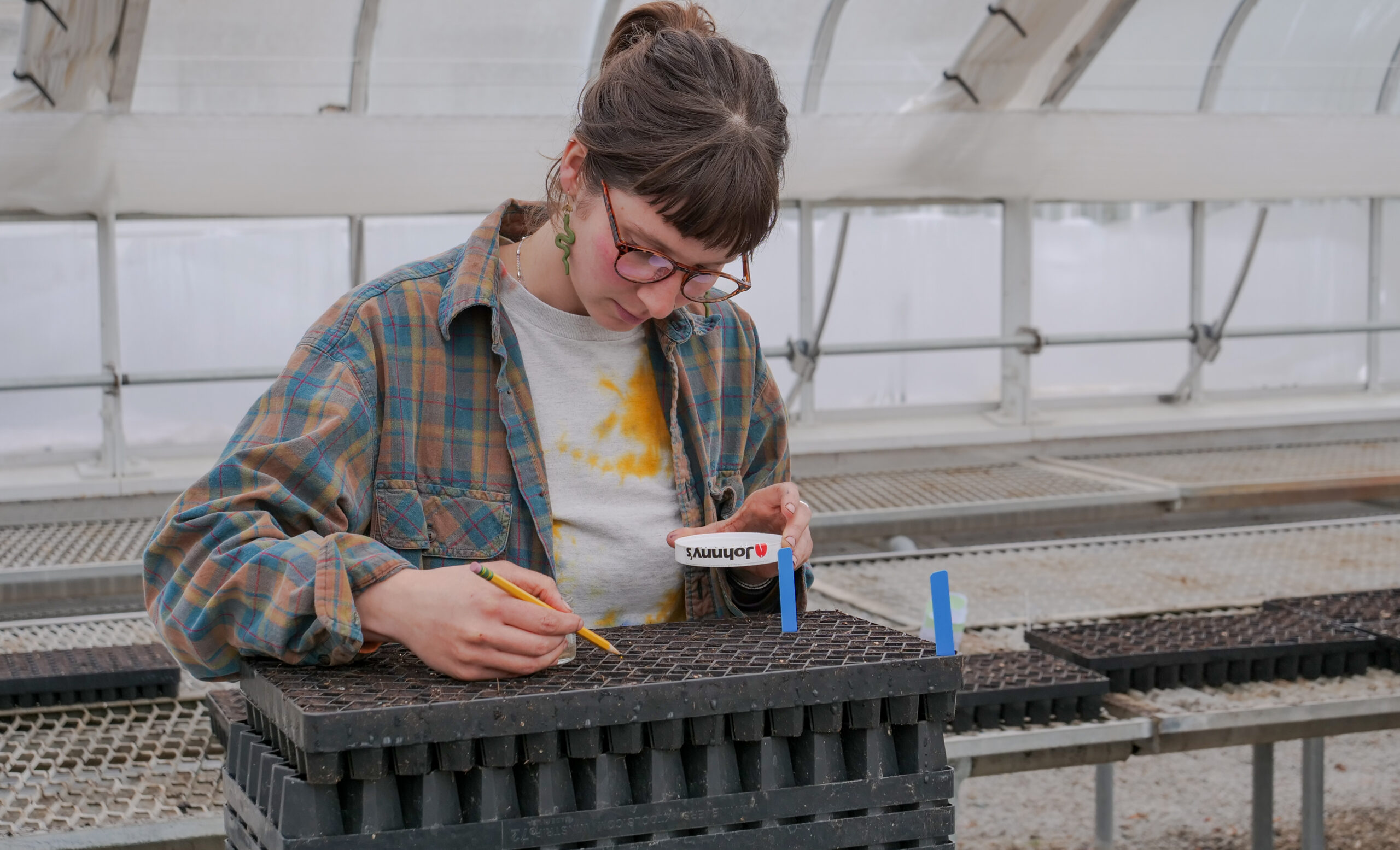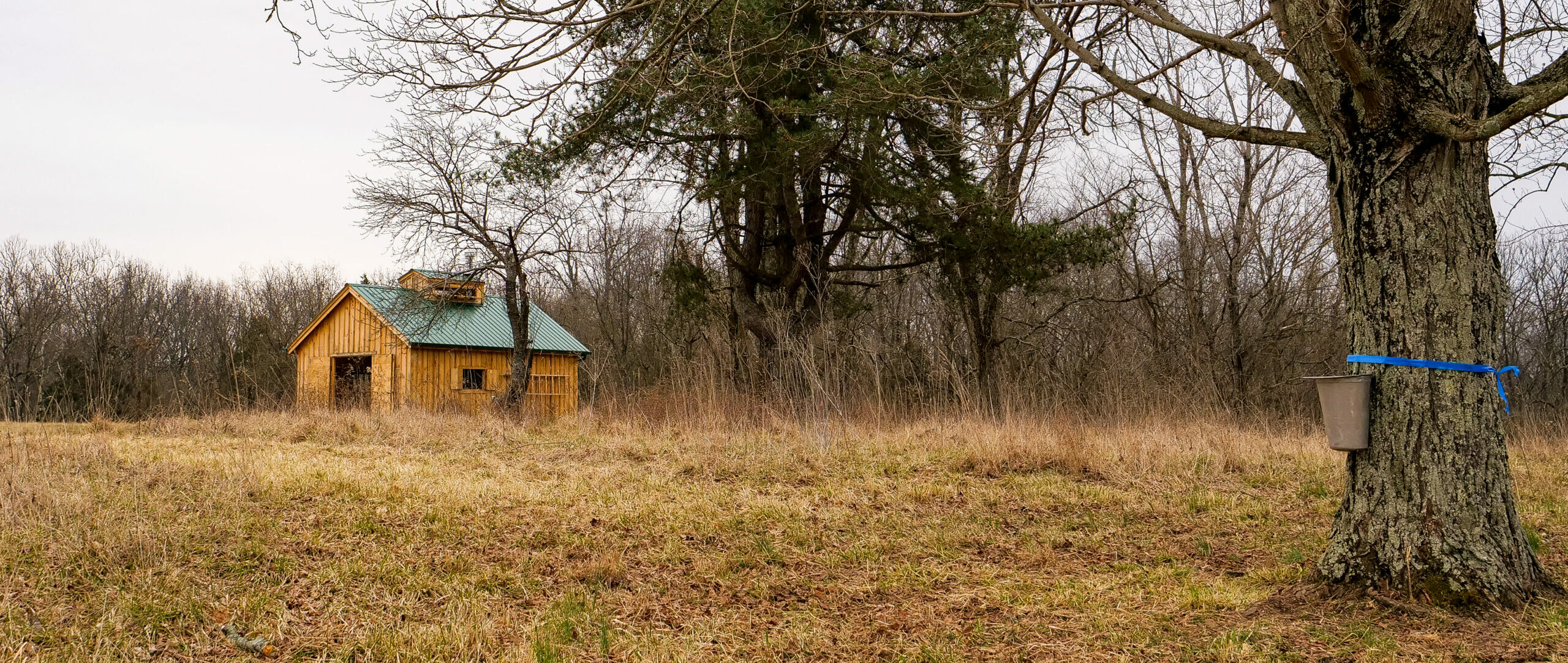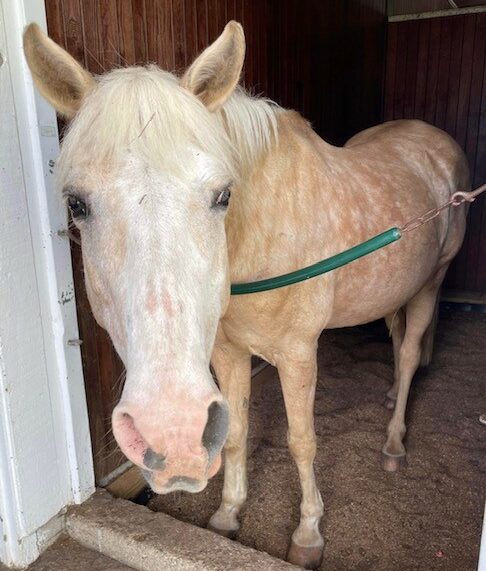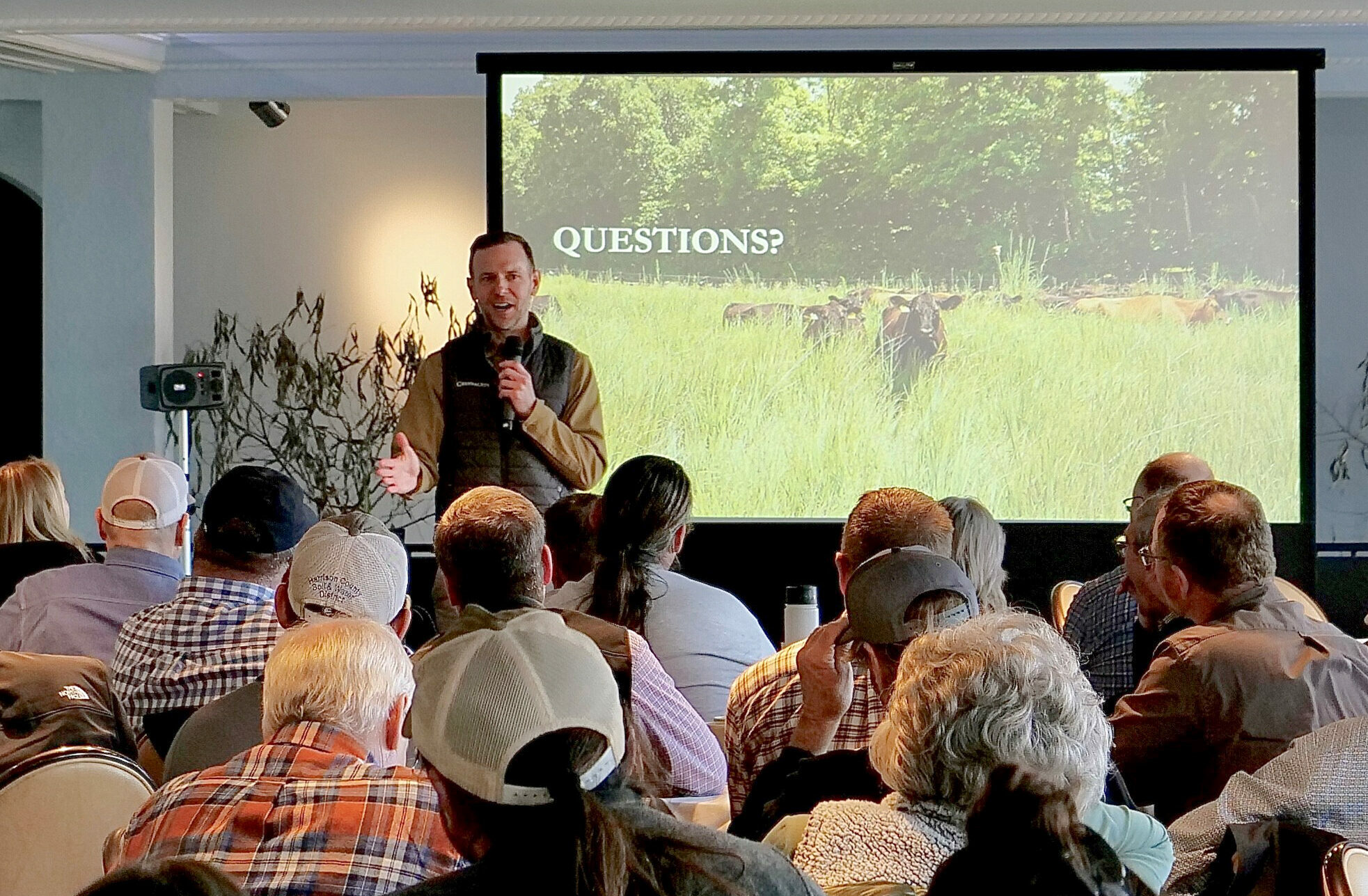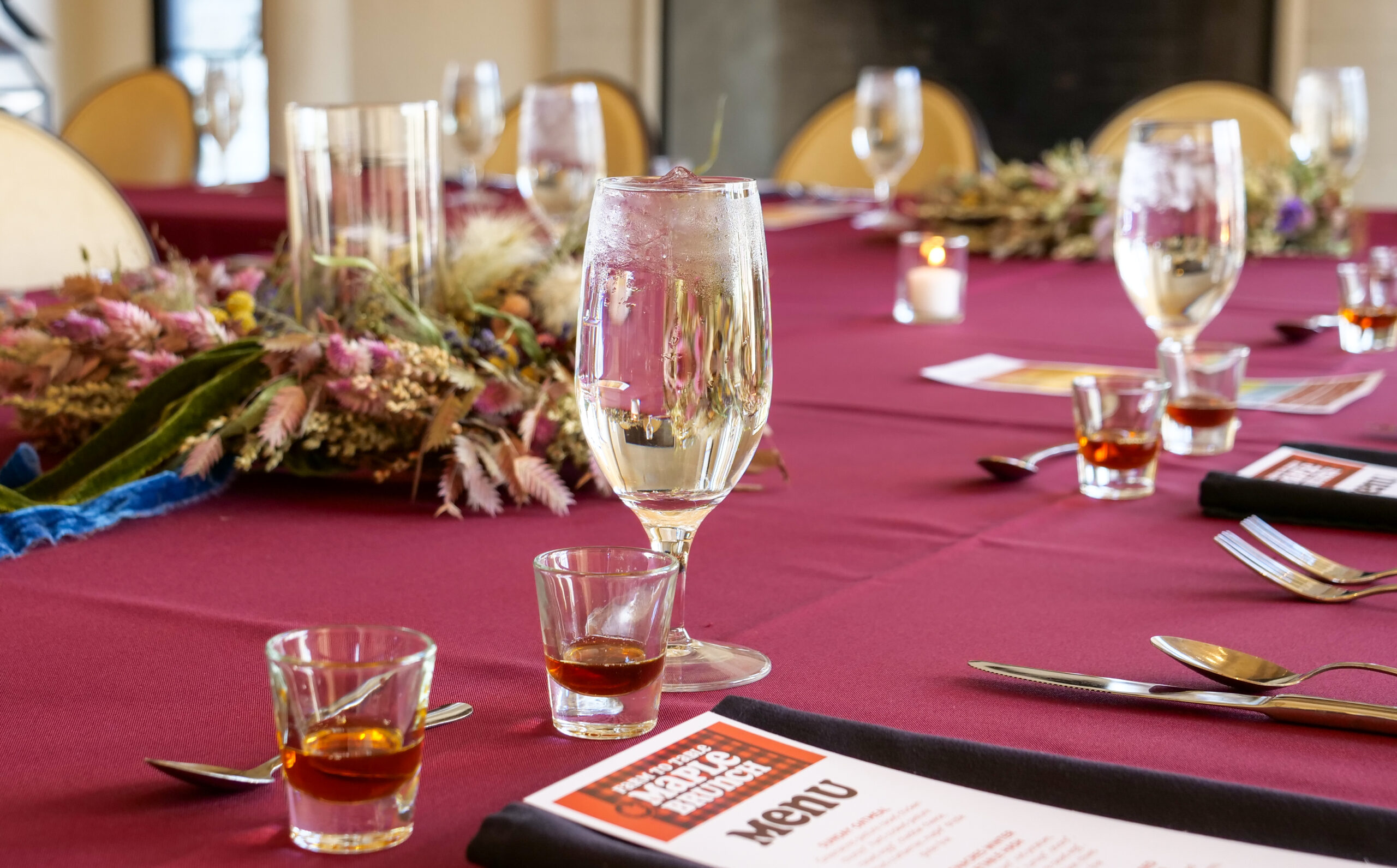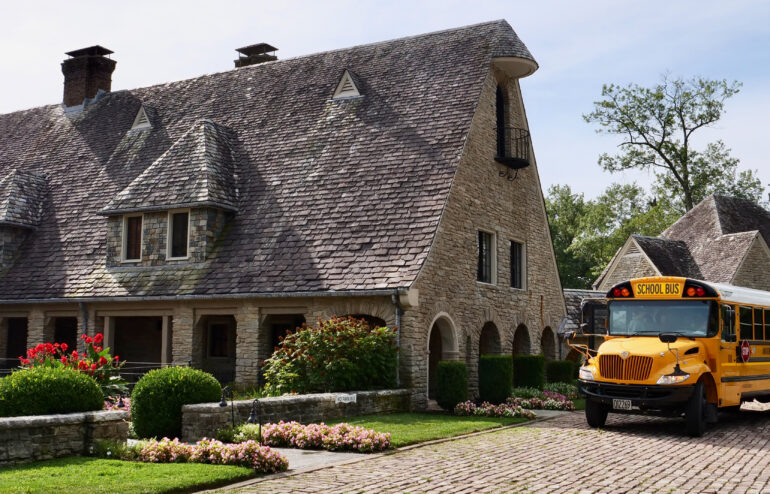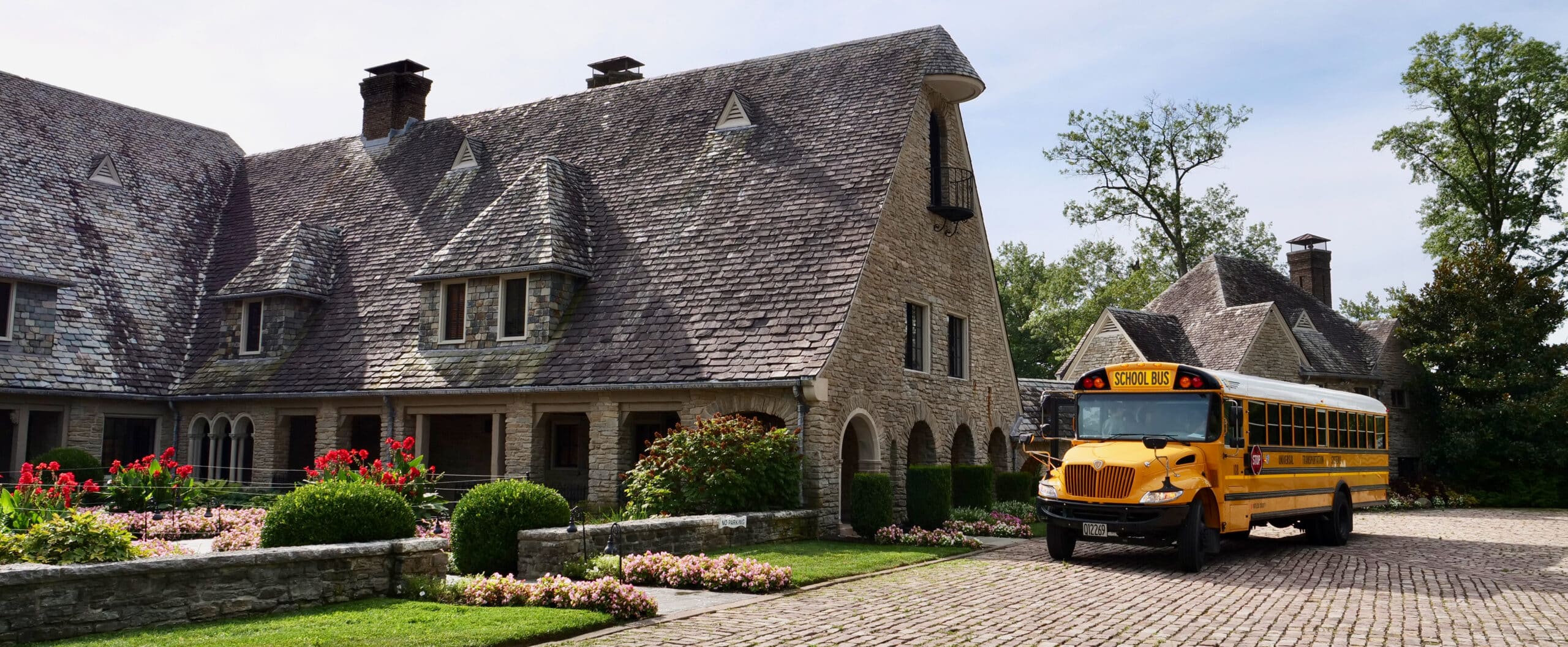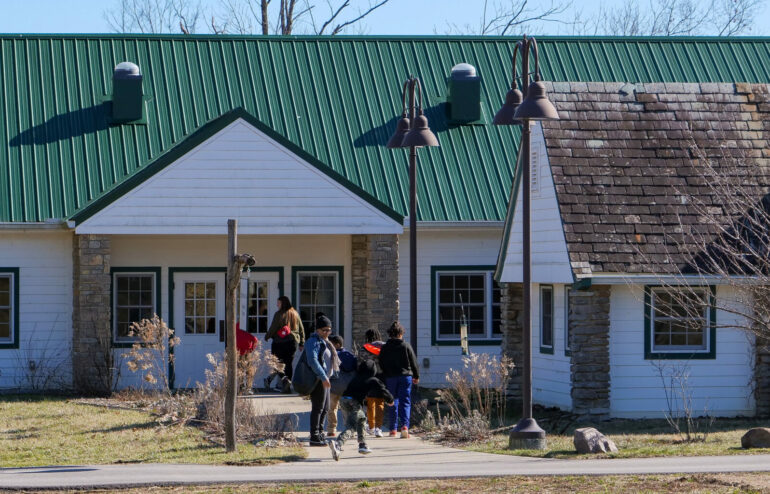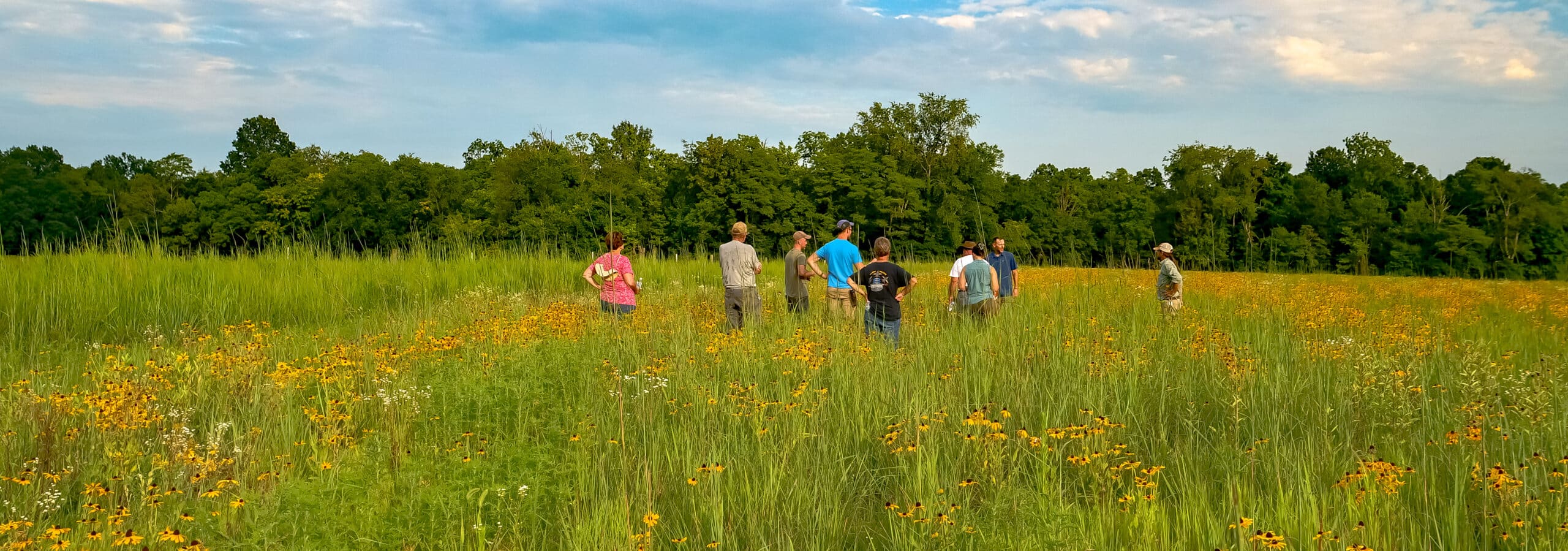
Engaging and Empowering Staff
Greenacres Foundation's Innovative Approach
Ever wonder how to meaningfully engage and empower staff at all levels of your organization? How to leverage your staff’s passion and their deep understanding of the operational facts to lead to innovative solutions and advance your mission? At Greenacres Foundation, we are driven by our values to achieve the mission left by our founders. One of our core values is being generative, which not only applies to our agricultural practices but also to generating new ideas, enhancing the way we work, and fulfilling our mission. People are our greatest asset, and without a team of dreamers, believers, and doers, Greenacres could not make the impact we have on our community. Several years ago, we started actively seeking the voices of all our employees, using new and innovative methods that have been beyond fruitful in making Greenacres the place to be.
1. A Process to Propose Ideas
The people at Greenacres have the greatest ideas. However, there was no process for those ideas to be shared and reach the leadership team. Several years ago, we implemented the Idea Submission Process. Any employee, in any role and at any level, can fill out a form with a description of their idea, how the idea relates to the mission, limitations/constraints, and metrics to determine the success of the idea. This form is then submitted to the leadership team. Bi-weekly, the leadership team reviews these submissions, discusses them, and either approves or provides feedback.
From employee-submitted ideas, we’ve developed a world-class agriculture apprentice program, offered a Totality Solar Eclipse Viewing Party for employees, built new community partnerships, created wellness rooms accessible for all staff and visitors, enhanced our benefits to offer Paid Family Medical Leave, and tried electric-smart lawnmowers to cut down (pun intended) on interruptions of our daytime programs by loud gas-powered mowers! Our employees know they have a direct path to offer ideas to the leadership team, and our leadership team knows we get the best ideas from all our people.
There have been instances where we have actively sought specific idea submissions as well. In 2022, we were looking at various barns on the property and determining their best use. We reached out to all staff and asked them to provide idea submissions for how we could utilize the barns – the only constraint was the idea had to tie into our mission. We received a dozen or so ideas from people across all departments. The winning idea was not something anyone on the leadership team had ever considered. We are transforming our founders’ barn into a world-class agricultural education facility where learners of all ages can experience a true farm-to-table program. A long-time member of our team stated, “This is the most excited I’ve ever been about a project at Greenacres.” We can’t wait to see you at the grand opening of the Nippert Barn in late 2024 or early 2025 to celebrate bringing this big idea to life!
2. Survey Your Staff
The leadership team actively seeks feedback from all staff on how they view the leadership team, how the leadership team is supporting them, and how the leadership team can improve. Questions included:
- What is the purpose of Lead Team?
- What is Lead Team doing well?
- What can Lead Team improve on?
- Do current Lead Team communication strategies keep you informed on what’s happening?
- Is there anything you’d like to see from Lead Team over the next 12 months?
The answers to these questions informed the leadership team about areas of weakness, strengths, and helped form action items for the coming year to best serve and support our team.
3. Share your SWOT Process
Historically, we have conducted an annual or bi-annual SWOT analysis with our leadership team to review the strengths, weaknesses, opportunities, and threats perceived across the organization. New this year, every single employee will be included in our SWOT. Yes, you read that correctly. We are going to set up a SWOT in one of our buildings for three days. Employees will be able to stop by and add strengths, opportunities, weaknesses, and threats as their schedules allow. The leadership team will then take their feedback, review it, and put together action items.
Providing clear and simple opportunities to solicit employee ideas and feedback has made our foundation stronger. Every team member knows they have a voice, and we have done amazing things we may never have thought of in our leadership team echo chamber.

